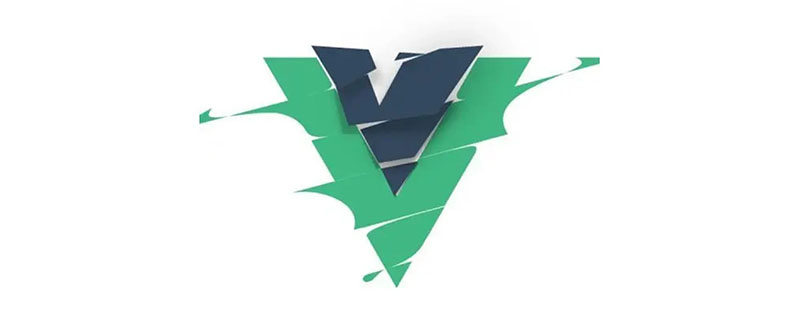Home >Web Front-end >Front-end Q&A >Is the vue event bus abolished?
Is the vue event bus abolished?
- 青灯夜游Original
- 2022-12-28 18:21:112734browse
vue3 canceled the global event bus because of low security. The global event bus is a global any-component communication technology, that is, communication between any components can be achieved. In vue3, if you want to use the global event bus, you need to introduce the third-party library mitt or tiny-emitter.

The operating environment of this tutorial: windows7 system, vue3 version, DELL G3 computer.
vue3 canceled the global event bus due to low security.
vue’s global event bus
The global event bus is a global any component communication technology.
As the name suggests, communication between any components can be achieved.
Its communication is achieved through a puppet, a puppet that can be accessed by all components. It is named $bus
We can use the life cycle hook directly in the entry file mian.jsbeforecreated
Create directly $bus
beforeCreate() {
Vue.prototype.$bus = this
}Remember to write the hook before mounting.
When used:
Use
mountedhook binding event monitoring in the component that needs to receive data
mounted() {
this.$bus.$on('hello',(data) => {
console.log(data);
})
},This method can be triggered in the operation that needs to be sent in the component that needs to send data
methods: {
sendStudentName(){
this.$bus.$emit('hello',this.name)
}
},It’s not over yet, if When the component is destroyed, remember to unbind the event and unbind it wherever it was bound. Use
beforeDestroyhook
beforeDestroy() {
this.$bus.$off('hello')
},
In vue3, the global event bus is cancelled. If we want to use it, we need to introduce a third-party library mitt or tiny- emitter
1. Install the mitt library
npm i mitt -s
2. Encapsulate a js file in the root directory so that it can be imported into the component.
It is best to name the file by name. For example, eventBus.js
Content:
//导入 import mitt from 'mitt'; //定义,定义也最好见名知义 const emitter = mitt(); //暴露 export default emitter;
3. Use
1) Components that communicate with each other need to import js
import emitter from '../../eventBus'
2) The component that receives the data is bound to the event listener in setup()
setup(){
emitter.on('event',(info) => {
...
})
return{}
}The arrow function here can also be replaced by a normal function
3) Send Data can be transferred when the data component is triggered.
setup(){
function send(info) {
emitter.emit('event',info)
)
return{}
}4) Before the component is destroyed, unbind the event.
onBeforeUnmount(()=>{
emitter.off("event", onEvent);
})If you use a normal function, put the function in the second parameter, If it is an arrow function, there is no need to write it. As above onEvent
[Related recommendations: vuejs video tutorial, web front-end development]
The above is the detailed content of Is the vue event bus abolished?. For more information, please follow other related articles on the PHP Chinese website!
Related articles
See more- How to delete a piece of data in vue
- There are several ways to register vue custom components.
- What is the difference between vue global components and local components
- An article explains in detail how to differentiate the project according to the vue version
- Vue3 writes the list page like this to make the performance better and more efficient!
- [From the shallower to the deeper] Summary and sharing of practical development of vue component library

